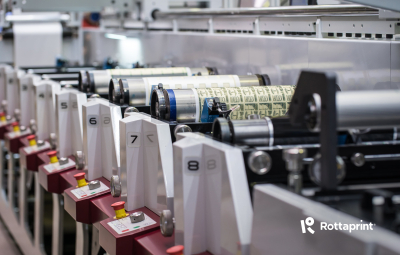During Friday’s session, the leu took a nosedive down to 4.175 units/euro, up to a top exchange rate of 4.24 lei/euro, reported at 14:15. Later on, the local currency took a leap forward, up to 4.2250 units/euro in the closing trade.
Through the year 2008, the leu lost a roughly 10.35% of its value against the euro versus prior year, down to 3.6827 lei/euro median. The leu’s slide is dramatic for persons or companies who contracted loans in the summer of 2007, when the local currency hit 3.1 high against single European currency.
Dragos Cabat, Managing Partner of Financial View advisor, said that a shocking plummeting of the currency always took importers by surprise, only if they hadn’t previously shielded positions by euro-based hedging. “Sharp wide-bandwidth fluctuations are dangerous for economy in general, both to importers and exporters, by the shocks they trigger over clients and short-term sales”, Cabat told Wall-Street.
Skyrocketing loan rates. There is a 35.4% fluctuation between this low and all-time high reported by BNR. However, the central bank had repeatedly warned on the currency risk that people are exposed to by borrowing in foreign currency.
For banks, the meltdown of the leu speeds up the deterioration of credit portfolios in foreign currency and leads to higher-than-average risky provisions that ‘mills’ profit, especially in case of small lenders.
Exporters, who would normally be favored by the increase of euro, seem to have no benefit now, as the exports have officially fallen into recession in November last year, and forecasts are not good either.
The only winners from a growing euro are the speculators in the market, in case they accurately anticipate the top level of the exchange rate.
“The announcement that the trade deficit exceeded 5% of GDP last year, calculated in compliance with European standards, came as a shock, given the fact that few months earlier observers were estimating a maximum 3.5 percentage of GDP”, said Laurian Lungu, research manager with GEA, quoted by NewsIn.
“There is a trend in running away from the euro, and if the foreign currency demand was high, BNR’s efforts in strengthening the euro would have a narrowed effect”
Citeste si:
Calculator Salariu: Află câți bani primești în mână în funcție de salariul brut »
Te-ar putea interesa și:


















































































![HR [PLAY] Tech Workout - 11...](https://www.wall-street.ro/image_thumbs/thumbs/973/973fe0a3888d417feff63de42e814180-260x260-00-65.jpg?v=1713254370)









